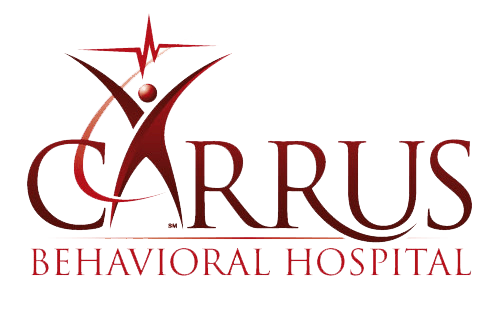
A behavioral health clinic is a healthcare facility that provides mental health services to individuals. It is a specialized clinic that focuses on addressing the behavioral and emotional needs of patients.
Behavioral health clinics may offer a range of services, including therapy, medication management, and other interventions aimed at treating mental health issues. These clinics may also provide support and counseling to family members and loved ones affected by these disorders, as any successful treatment will involve the participation of the family.
In this article, we will discuss what usually happens when you visit a behavioral health clinic.
Comprehensive Assessment
A visit to a behavioral clinic can vary depending on the specific clinic and the reason for the visit. However, generally, during a visit to a behavioral clinic, you can expect to undergo a comprehensive evaluation and assessment of your mental and emotional health. The types of mental health conditions treated in a behavioral health clinic include ADHD, anxiety disorders, bipolar disorder, OCD, PTSD, schizophrenia, depression, trauma, and substance abuse disorders.
Interview
The first step in the process is typically an initial interview with a mental health professional, such as a clinical psychologist or a board-certified psychiatrist, who will ask you questions about your symptoms, medical history, and family background. This information helps them better understand your mental and emotional health and develop a personalized treatment plan.
Psychological Testing
After the initial interview, you may be asked to complete some psychological tests or assessments, such as personality tests or cognitive assessments. These tests help further identify your specific mental health concerns and provide more information to the mental health professional for treatment planning.
Treatment
Based on the results of the assessment and evaluation, the mental health professional will work with you to develop a treatment plan that meets your individual needs. Treatment options usually include a combination of cognitive behavioral therapy and medication.
Therapy may involve individual counseling sessions or group therapy sessions and family therapy sessions, depending on your specific needs. The therapist will work with you to identify the root causes of your mental health concerns and develop strategies to manage and overcome them. If medication is recommended, the mental health professional will prescribe the appropriate medication and work with you to monitor its effectiveness and adjust the dosage as needed.
Overall, a visit to a behavioral clinic is an opportunity to receive comprehensive and personalized care to address your mental health concerns and improve your overall well-being.
How Can I Prepare for My Visit?
Preparing for a visit to a behavioral clinic can help ensure that you make the most of your appointment and feel comfortable during the evaluation and assessment process.
Here are some steps you can take to prepare:
- Write down your symptoms: Before your appointment, make a list of the symptoms you have been experiencing, when they started, and how often they occur.
- Recordyour medical history: Gather your medical history, including any previous diagnoses, medications, or treatments you have received for mental health concerns.
- Write down questions: Write down any questions or concerns you have about your mental health, the evaluation process, or treatment options.
- Bring any necessary documents: Bring any necessary documents, such as insurance information or referral paperwork, to your appointment. This will help ensure a smooth check-in process.
- Be open and honest: During your appointment, be open and honest with the mental health professional about your symptoms, concerns, and any relevant information.
Carrus Behavioral Health Clinic in Sherman, TX
Carrus Behavioral Hospital is staffed with the most qualified and compassionate behavioral and mental health care providers. We specialize in child and adolescent behavioral treatments, which we provide in our 28-bed inpatient facility, for patients who need help and monitoring 24 hours a day. We also provide a range of outpatient services, such as anger management and coping skills development, as well as nutritional therapy.
For any questions or to schedule an appointment, call our office today at (903) 870-2600. Our caring staff looks forward to your call.

